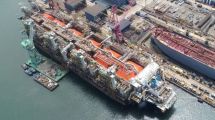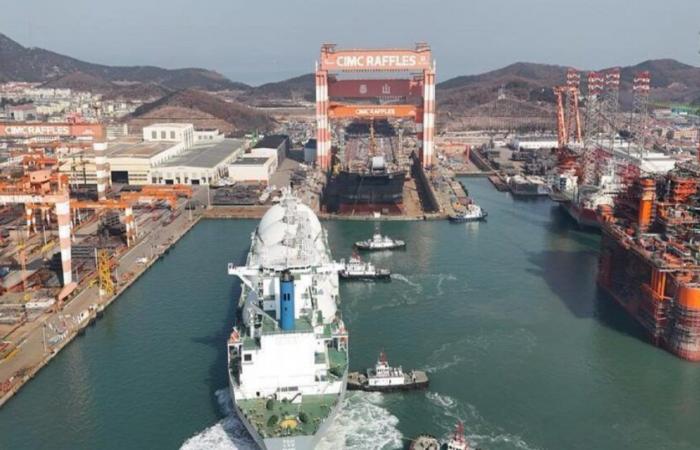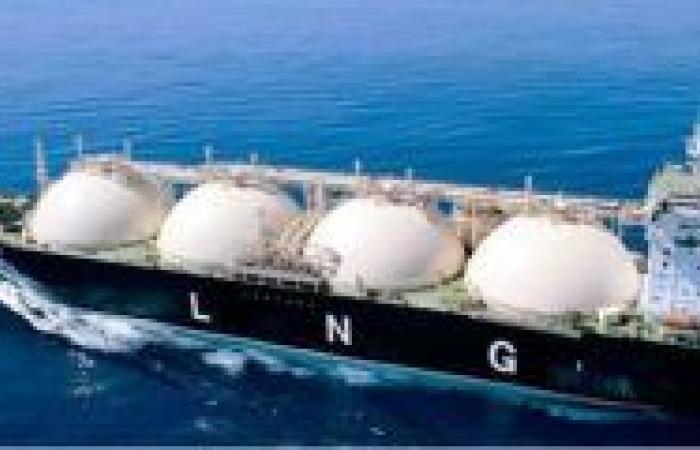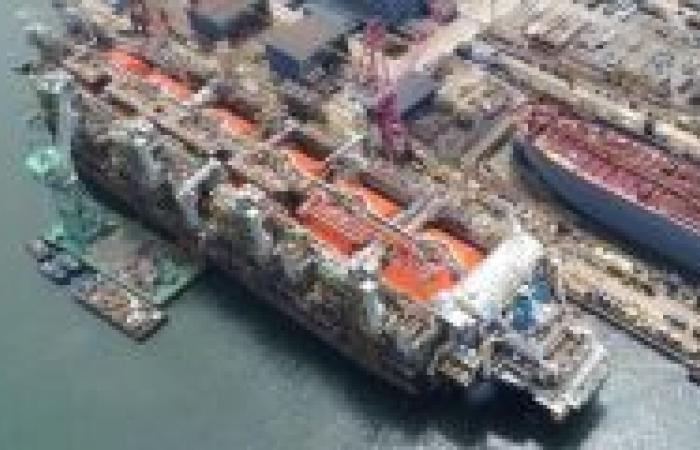
The plans to build a LNG land plant in Río Negro were discarded. Instead, YPF will advance with a more agile and less expensive strategy: floating factoring ships To liquefy the natural gas of Vaca Muerta. Two imposing vessels already have name, location and estimated operation date.

In all cases, these are “Near Floating” unitswhich operate near the coast, with logistics and energy services provided from the ground, What improves the profitability margins, explained the CEO and president of YPF, Horacio Marin.
The first of these ships is The hilli Epiisey, A floating liquefaction unit (FLNG), currently operational in Cameroon. It was originally built in 1975 and then converted into a floating LNG plant. It has four liquefaction trains and a processing capacity of 11.4 million cubic meters per daywhich represents just over 8% of total gas consumption in Argentina.
-This ship is planned to be installed on the Costa Rionegrina around 2027, with seasonal operation – from September to May – and contracts for 20 years. Its supply will come from Tierra del Fuego.

The MK 2 will be the second ship to operate from the Costa Rionegrina
The second ship, called MK 2, is currently in a shipyard in China, where it is being converted from regasifier to liquefactor. His arrival in Río Negro is scheduled for 2028. The incorporation of this unit will demand the construction of a new gas pipeline from Vaca Muerta.
Between both vessels, sE estimates a joint processing capacity of 6 million tons Annual LNG metrics (MTPA).










